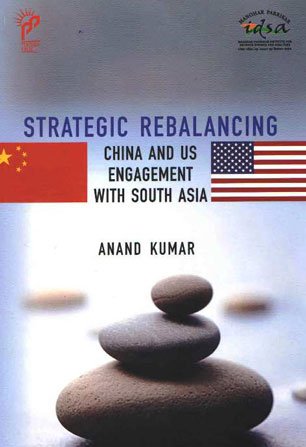Pakistan’s New Trade Policy: A Step in the Right Direction?
At a time when Pakistan’s phenomenal economic growth of the past few years under the Musharraf regime has hit a severe road block, the country’s Trade Minister Ahmed Mukhtar, who also holds the defence portfolio, announced a new trade policy on July 18, 2008. The announcement of the new trade policy has been governed by the state of Pakistan’s economy, which has been on a downward spiral since February.
- Alok Bansal
- August 05, 2008
















